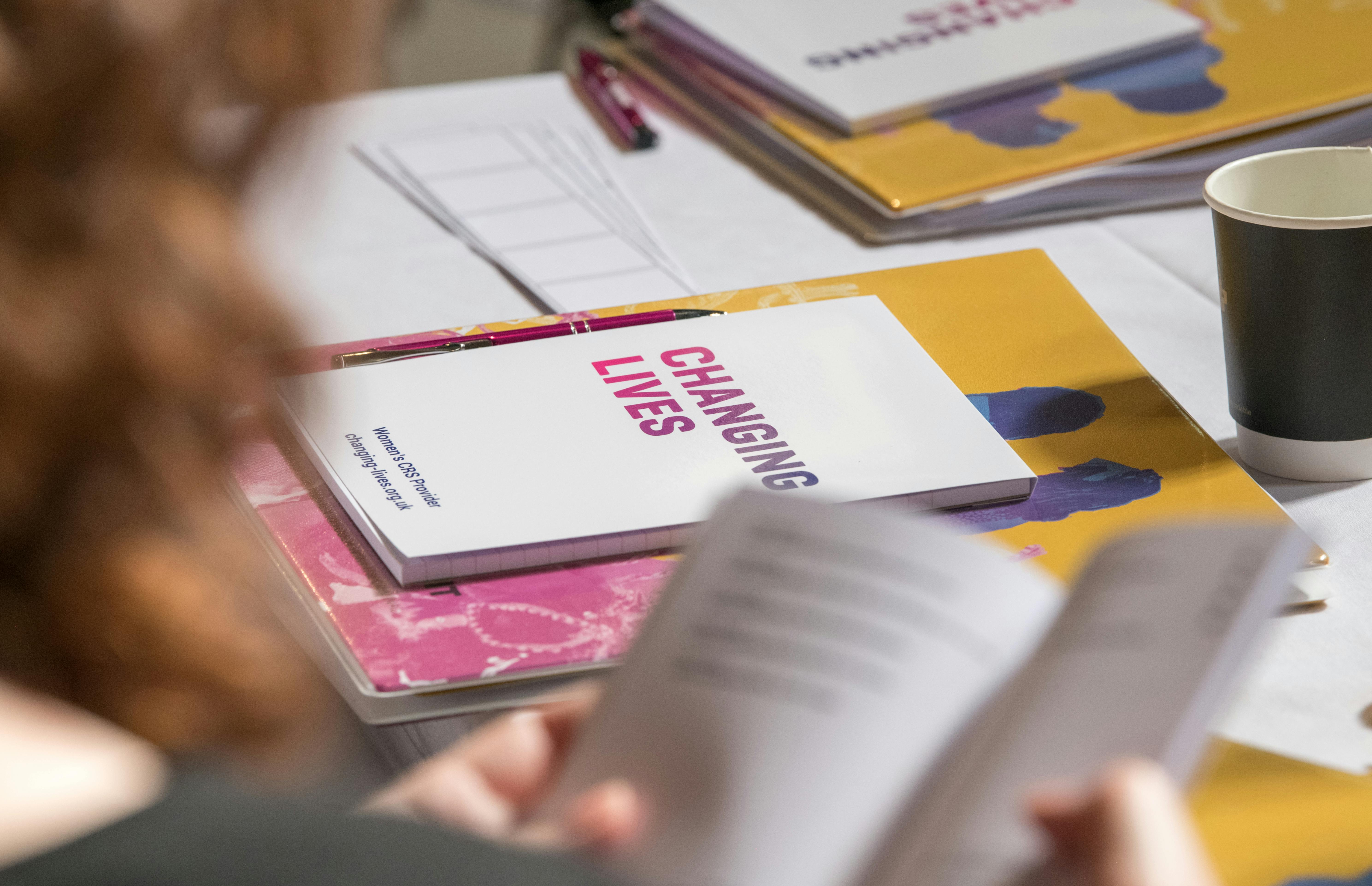Our Recovery and Wellbeing Lead, Faye Sunter, and Policy Manager, Philippa Rousell, take a look at what we are hoping to see from the next government around recovery, and what the main party manifestos have to say.
Drug use and addiction are fundamentally health issues, yet people experiencing addiction are often stigmatised, demonised and let down by society and by government. We believe that recovery from addiction is possible, but people need the right support to achieve it.
This is the fifth of a series of blogs analysing what the main party manifestos say about themes that affect the people who access our services. We won’t be saying who to vote for, but will be comparing what each party is proposing to what we’ve been calling for in our manifesto Breaking Down Barriers.
It is essential that there is an ongoing commitment from the next government to fully implementation the funding recommendations laid out in the Dame Carol Black review. At present services are unable to plan for the future due to uncertainty around the continuation of funding, which has a subsequent impact on recruitment and service delivery. Recruiting skilled and committed staff has been, and will continue to be a challenge with short and fixed term contracts.
Whoever wins the election will need to make a decision soon and communicate this to the sector in a timely manner to allow commissioners and services time to effectively plan and implement roles covered by this additional funding. Too often, we have seen funding confirmed at the last minute, which prevents treatment and recovery services from effectively implementing new pathways and roles. Services could have far more impact with proper time to plan, and it is ultimately people in recovery who pay the price for not getting this right.
The treatment system is a complex system working with individuals who are often facing multiple disadvantages. The current measurement of success feels like it has been reduced to one single factor: numbers in treatment. We would prefer to see measurements of success that are more holistic in its approach and consider whether what we are doing is working for the people who need it. This needs to consider unmet need, geographical differences, individual choice etc. Most importantly we need to find a way to take into account people’s own perception of success.
We would also like to see a follow up to the Dame Carol Black review with a focus on gender-specific services. Women are more greatly impact by multiple disadvantages and often have different underlying factors to their addiction, yet it is not currently mandated that women should have a gender-specific treatment offer.
That’s what we would like to see – but what are the main political parties proposing?
Conservative
The Conservatives plan to bring forward their Tobacco and Vapes Bill which would prevent the next generation from ever being able to legally purchase tobacco, and restrict access of vapes. They also plan to deliver their 10 year drug plan, which includes both health and criminal justice responses to drug use – notably this commitment is located within the criminal justice system of manifesto, rather than the health section.
Labour
Labour also plan to ensure the next generation can never legally buy cigarettes. There is no mention of other substances in relation to addiction and recovery.
Liberal Democrat
The Liberal Democrats plan to move the departmental lead on drugs policy from the Home Office to the Department of Health and Social Care. They will invest in more addiction services, including specialist youth support services. Where appropriate, they will divert people arrested for possession of drugs for personal use into treatment. They also plan to introduce a legal, regulated market for cannabis, with sales restricted to over-18s only, from licensed retailers with strict limits on potency and THC content.
Green Party
The Green Party plan to push for the establishment of a National Commission to agree an evidence-based approach to reform of the UK’s drug laws. They believe that neither prohibition nor the policing of low-level drug offences have reduced use, the size of the criminal market, or the profits made by organised crime. They will therefore push to decriminalise personal possession of drugs. They also plan to ensure that diversion programmes are in place for all low-level drug and alcohol related offences.
Reform UK
Reform UK plan to introduce a new offence of Substantial Possession of Drugs, which will result in heavy fines.
As a charity, Changing Lives remains politically neutral and does not endorse any particular party or candidate. We have focused on the main parties that cover the whole of the UK, which means we have not included an analysis of the policies of parties that only operate in Wales, Scotland or Northern Ireland.
This is a non-exhaustive analysis of each party’s policies. The full manifesto of each party is available to read here: Conservative, Labour, Liberal Democrat, Green, Reform UK.






